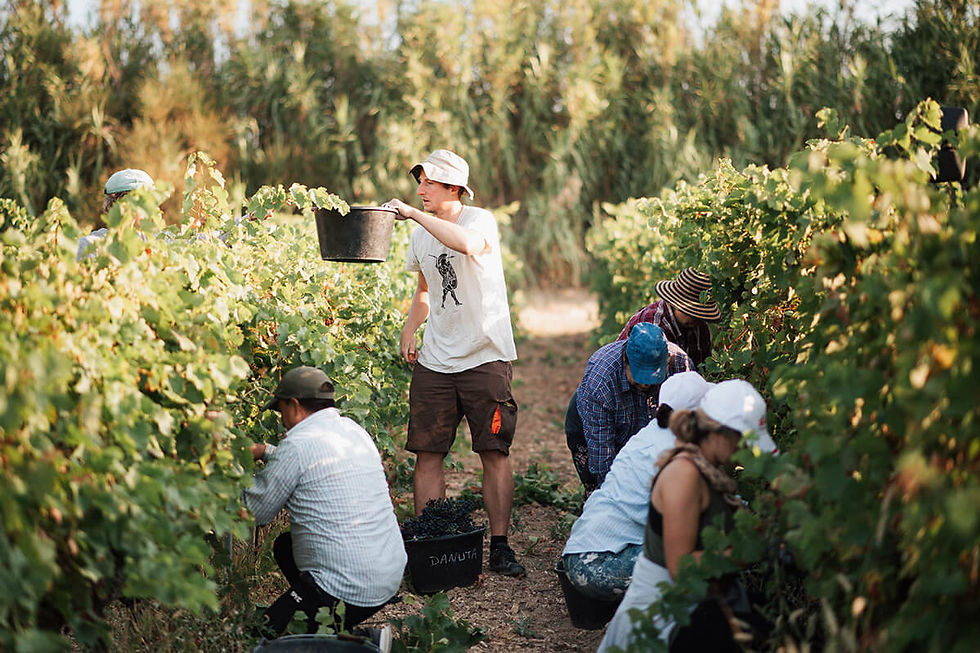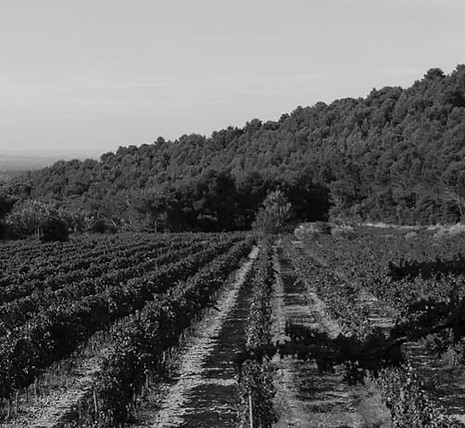
Sustainability
Organic agriculture pioneer since 1980
Shortly after taking over the domaine from Stephen Spurrier in the 1970s, Gerard Bungener converted the entire estate to organic. This was an unusual decision at a time when organic was still considered strange and inferior, with Gerard even telling his children for a number of years not to tell the customers. In reality, however, all wine, fruit and vegetables were organic until the advent of synthetic pesticides in the 1950s.


Certified since 1989
The Clos went on to become one of the first vineyards in the area to achieve official organic certification in 1989. No pesticides or synthetic products have been used in its vines nor cellar for almost 50 years.
Blessed by biodiversity
The Clos’ unique environment played a key role in this journey. The estate is naturally surrounded by woodland, wild grasses and garrigue, forming a rich ecosystem where insects, birds and wild animals live side by side. This abundant biodiversity brings vitality to the soil and creates a natural balance in the ecosystem that the vines are just one part of. The aim of our work in the fields is to preserve this balance.

.jpg)
.jpg)

Vaucluse :
the “Jardin de la France”
The Vaucluse, once known as the “Jardin de la France”, has been celebrated as an epicentre of wine, fruit and vegetable production since Roman times. In addition to its varied geography, from the fertile Rhône Valley to the heights of the Mont Ventoux, one of the most important factors of its rich viticultural history is the Mistral wind. Blowing 120 days a year, it has helped to naturally dry vines and their fruit for millenia, thereby reducing the need for treatments.

Nature
in all its sincerity


Custodians of the land
The environmental values of the Bungener family do not stop at an organic label. We continuously strive to do more for the land we are so fortunate to look after. This means working in harmony with the living world while remaining curious and attentive.
Whether noticing wildflowers nestled beneath the vines in springtime or witnessing the return of the Jean-le-Blanc eagle to the Clos’ valley, each day brings new wonders and discoveries.
The learning never stops
The natural world is infinitely complex and forever changing. We believe we must always learn from and adapt to what is in front of us. Although we avoid following a single movement, we are delighted to contribute to the developments and growing interest in regenerative agriculture.



Regenerative agriculture at the Clos
Recent initiatives at the Clos include planting trees within the vineyards, welcoming sheep to graze in the winter and minimising the tilling of our soils.




